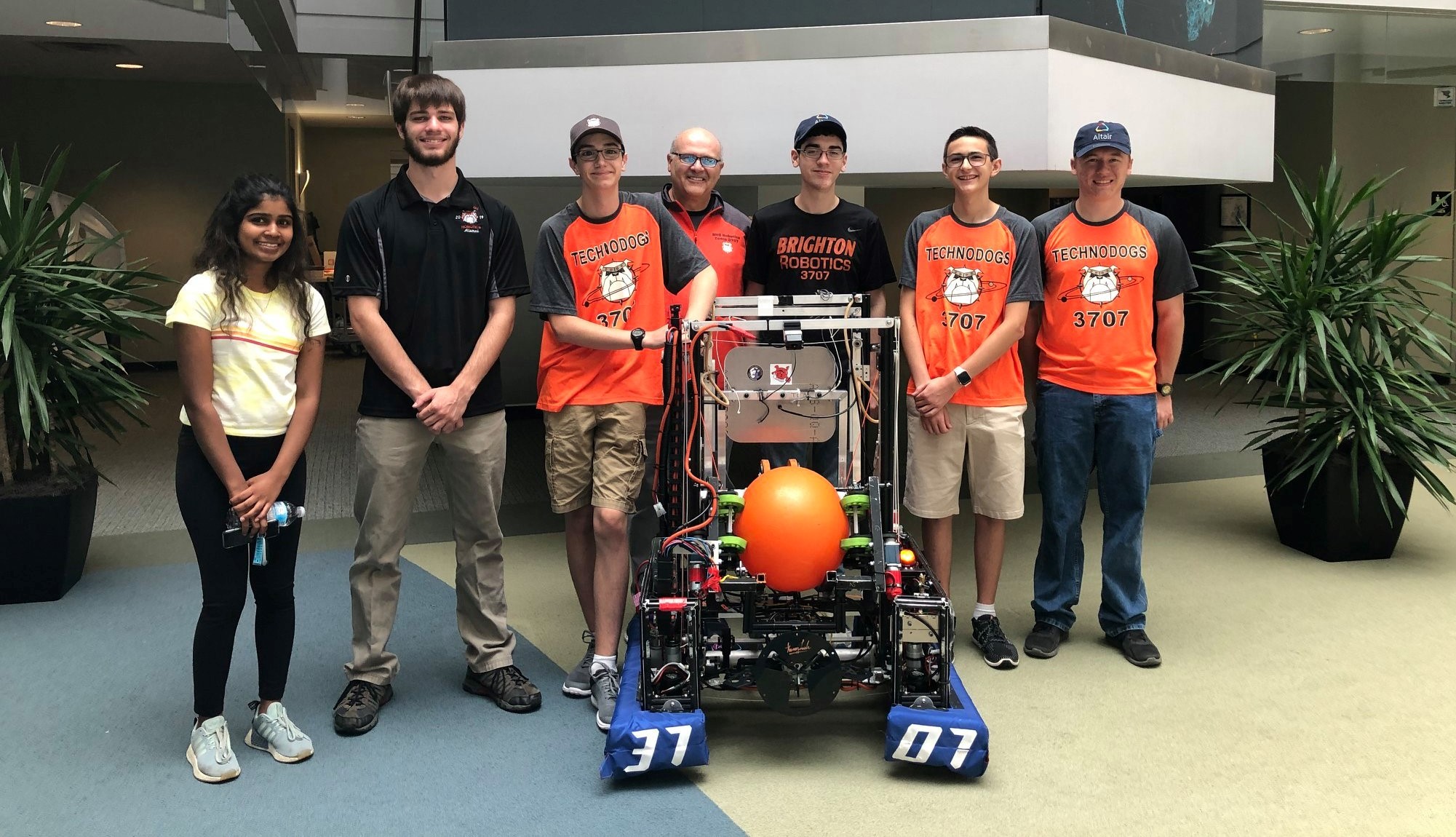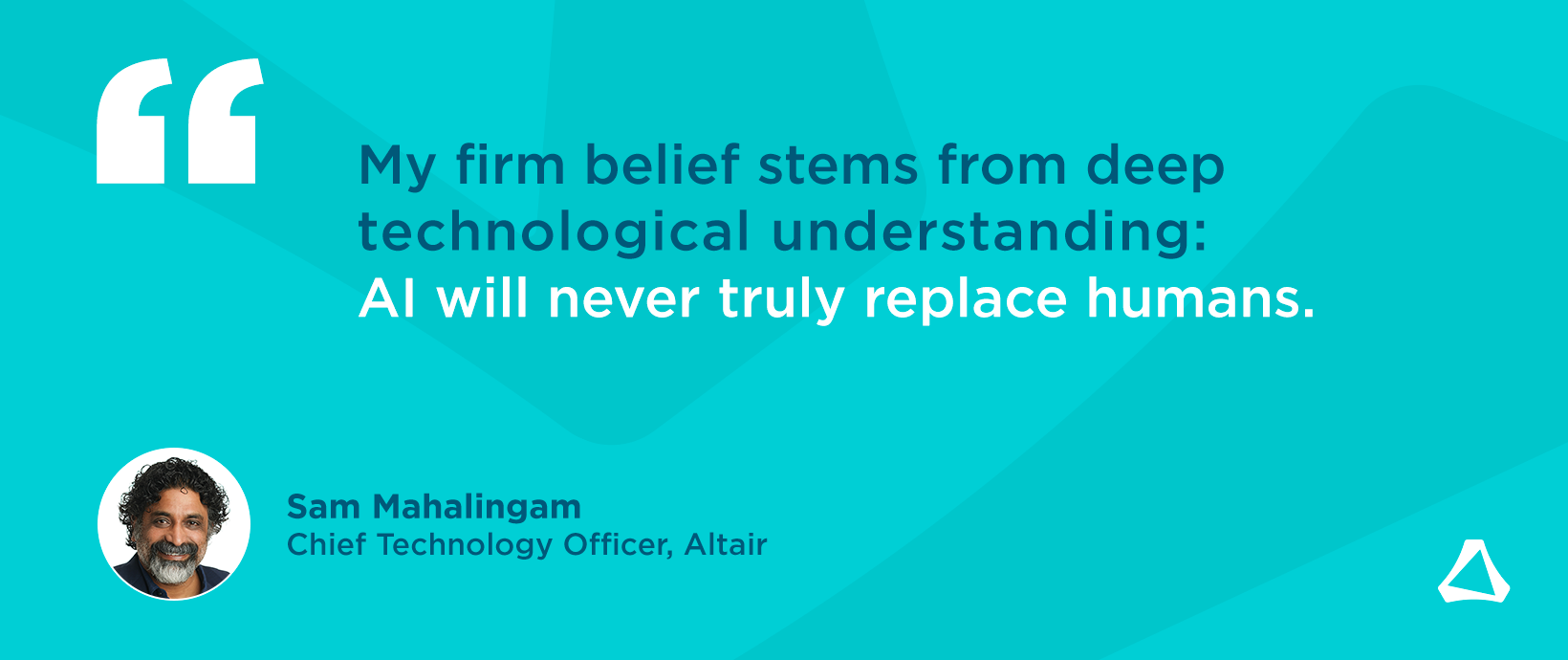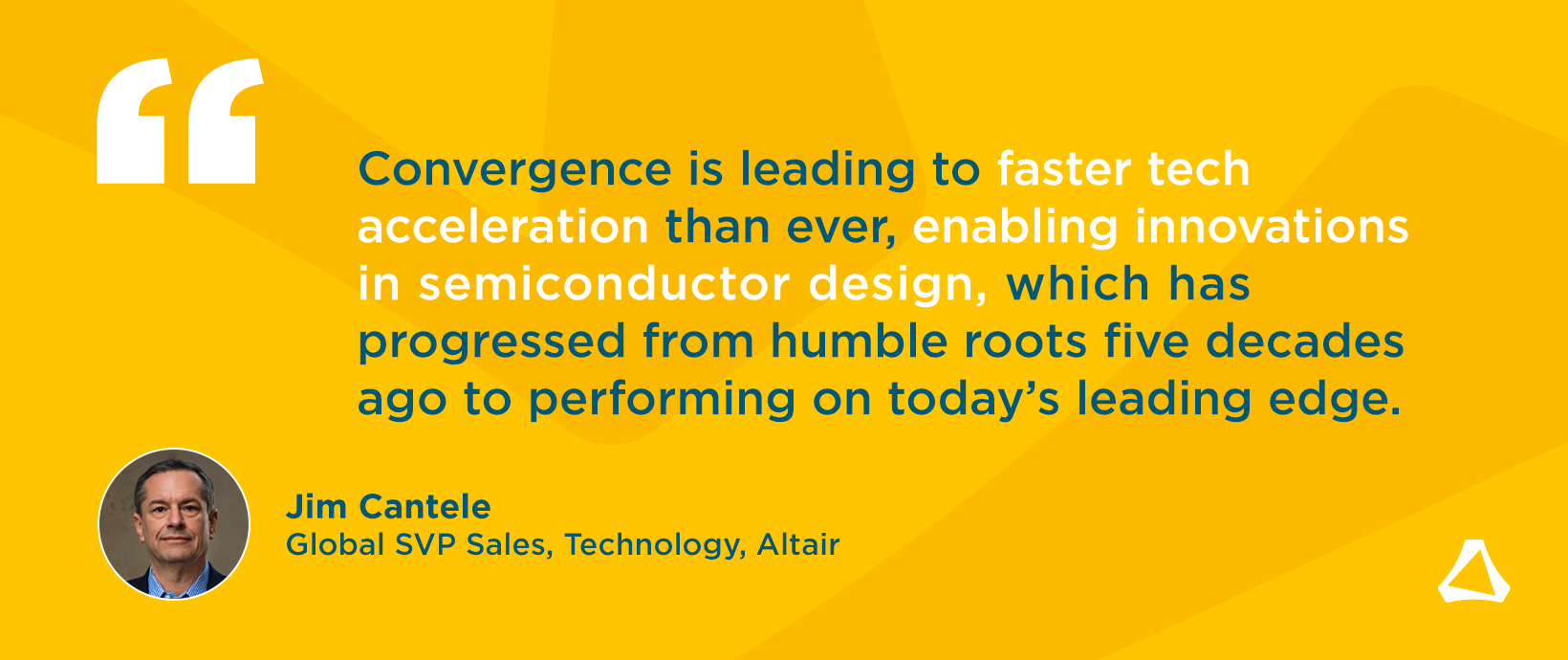Investing in Academia – Today’s Youth Will Influence Tomorrow
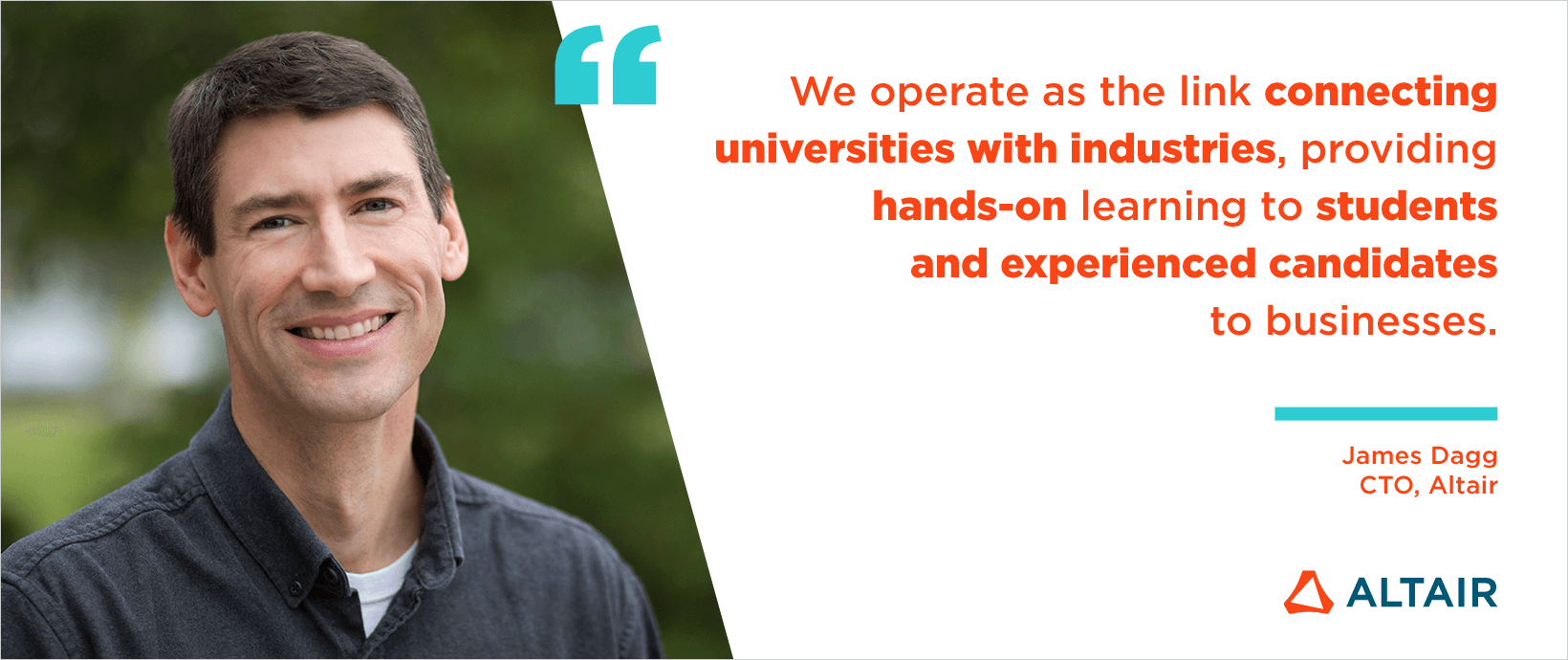
As we approach the start of the 2020 school year, I, like many parents, am filled with concern surrounding the uncertainties associated with what this (hopefully temporary) “new normal” will mean for our children. In addition to many students having to engage in remote/virtual learning, our children are also faced with cancelled sports and extracurricular activities, which may very well impact their physical and mental well-being.
As a proud Altairian for more than 30 years, I am thankful to be supported by an organization that has rallied to ensure every employee has the flexibility to accommodate such situations. And I especially appreciate that we continue our commitment to supporting the youth outside the Altair family.
I recently took the time to reflect on what Altair is doing in academia. Knowing that today’s youth will be tomorrow’s engineers, tinkerers, entrepreneurs, scientists, and creatives, Altair is committing more resources, time, and money to our academic programs. Reaching new heights and inspiring minds of all ages, this commitment to growing students’ passion in STEAM (science, technology, engineering, arts and mathematics) is one of Altair’s deepest aspirations.
I’d like to share some insight into the incredible initiatives we have in place to help inspire the bright young minds that will fuel our future.
With involvement in FIRST Robotics at the high school level, Altair supports student teams working together to solve increasingly complex problems in product design and programming. I took time last year to meet with several local FIRST Robotics teams and attend a competition. I was impressed by the real-world approach to systems engineering these teams take. Students gain hands-on experience in designing, building, and maintaining a robot to meet specific rules designated at the beginning of the year.
Altair provides teams access to our free student edition, along with in-person and online training to further their understanding of the software. With our software, students can optimize their robot design and model the robot function before the building begins.
A few students and adult mentor from Team 3707 visited Altair headquarters in Troy, MI, to showcase their robot design to Altairians before the competition season.
Many collegiate teams competing in Formula SAE, Baja SAE, Shell Eco-Marathon and more are using Altair solutions. With a growing number of schools integrating Altair tools into their curriculum including Columbia, Georgia Tech, Michigan State, Purdue, Technical University Delft, and Petronas University of Technology, students are able to explore beyond their campus and learn how to use professional grade computer-aided engineering (CAE) software – for diverse topics including additive manufacturing, light-weighting, finite element analysis (FEA) and structural optimization, computational fluid dynamics (CFD), motion dynamics, mechatronics, motor design, e-mobility, antenna design, electromagnetics, and more.
We operate as the link connecting universities with industries, providing hands-on learning to students and experienced candidates to businesses. Contributing to student teams and university syllabi results in knowledgeable young professionals with a passion for finding new, more sustainable ways to solve problems.
For example, what began as a University of Michigan thesis project with the goal to provide mobility and freedom around the world, AFREECAR used Altair Activate®, Altair Embed™, Altair PollEx, and Altair SmartWorks to design an electric- and solar-powered cart that was inexpensive to make and would withstand varying types of terrain.
Because of this project, senior students at Oakland University are now planning to develop control algorithms and a phone app with a small-scale version of the AFREECAR vehicle, to allow users in the world’s poorest rural areas to track battery life, state of charge, and more.
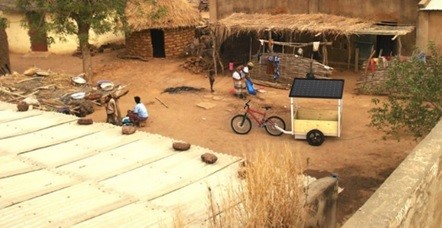 | 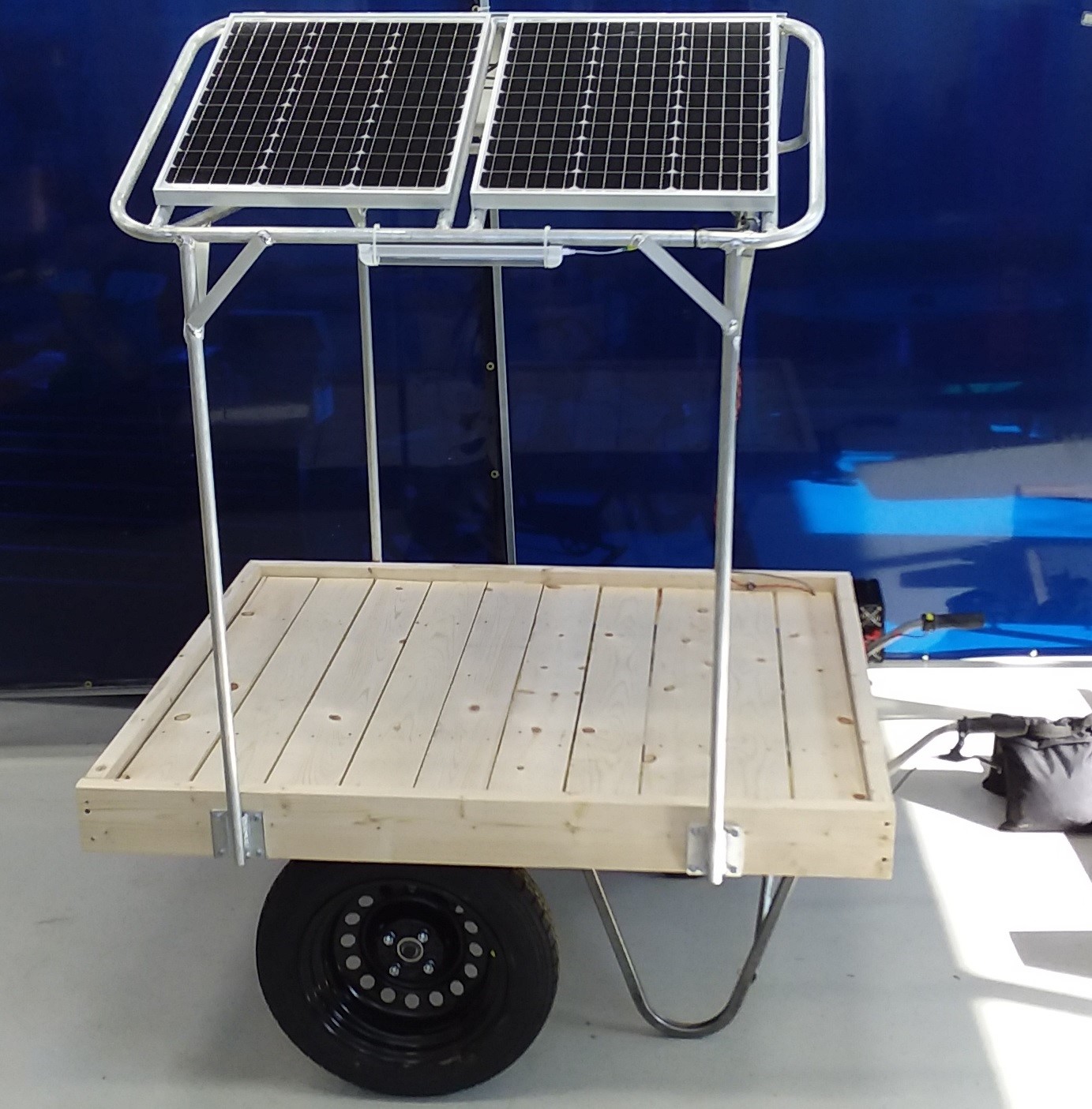 |
This EV cart from AFREECAR is primarily built from commercial off-the-shelf components.
With universities looking much different this year than they have in the past due to COVID-19, Altair’s learn-from-home tools are an ideal fit for online classrooms. Students have free access to our software from their own computers and professors can assign workshops all from the safety of their homes.
Along with providing faculty and students with numerous support resources for teaching and learning, the Altair academic team can also provide guidance pertaining to leveraging digital twins. Specifically, consistent with a proven project-based learning approach, students and faculty can use Altair software for engineering and data analytics to model and simulate physical products as digital twins in a completely virtual environment from home.
By investing in the global engineering community, we are inspiring students to explore their passions and think differently, all while we work to accelerate the pace of innovation and drive human progress.
To learn how you can benefit from collaborating with our global academic program, please visit: altairuniversity.com.


